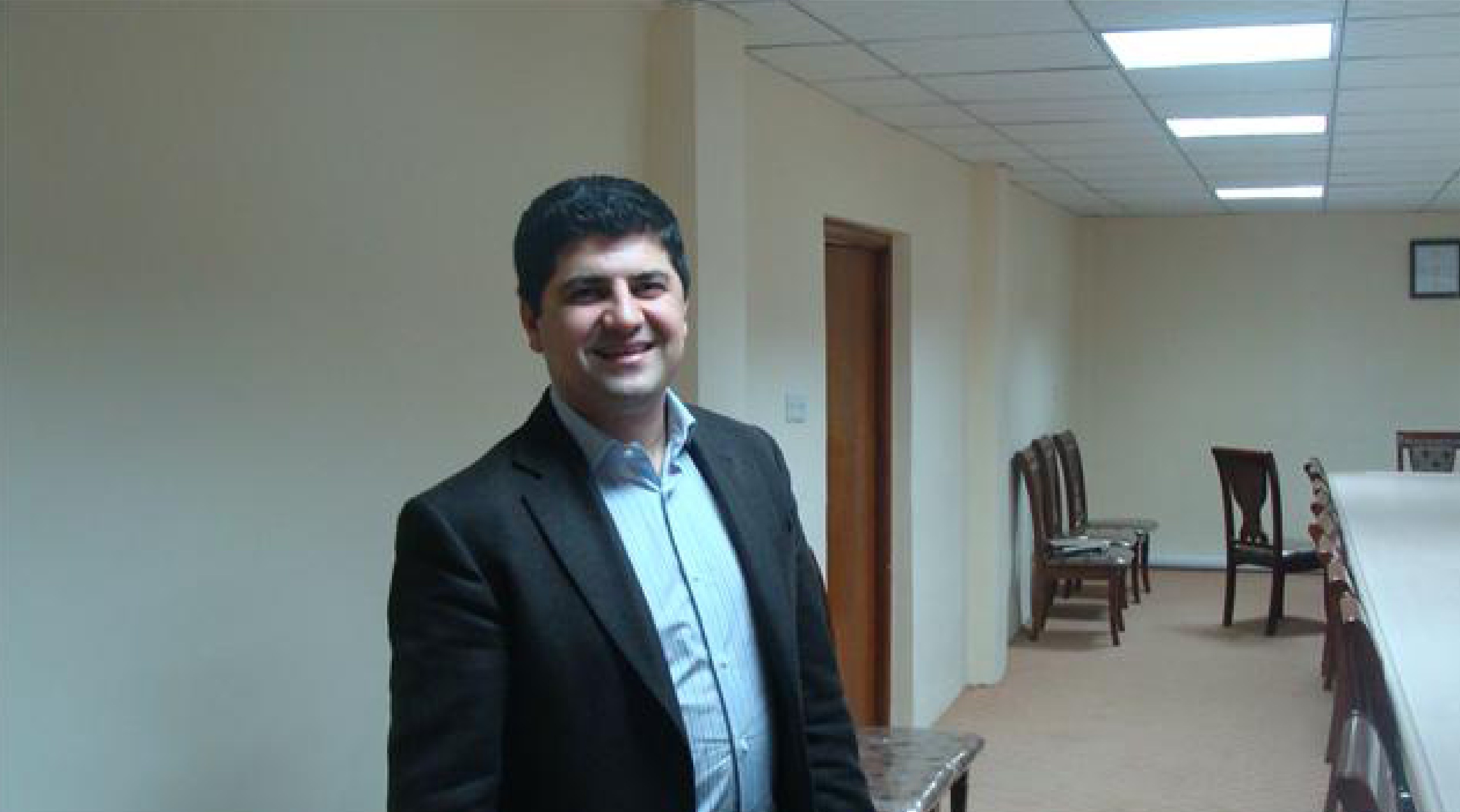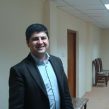
Kurdish Counterterrorism Group Works to Prevent Terrorism in Kurdistan and Iraq
Publication: Terrorism Monitor Volume: 8 Issue: 10
By:

With an intelligence and military wing of over 1,000 people, the Sulaymaniyah-based Counter Terrorism Group (CTG) collects intelligence and carries out operations to prevent terrorists in Iraq from destabilizing the Kurdistan region in cooperation with U.S. forces. Lahur Talabani, the nephew of the Iraqi president, heads the CTG. “What we do in Kirkuk, Mosul, Diyala is like a buffer zone. We try to prevent the terrorists from entering these areas.” [1]
The CTG was set up by the Patriotic Union of Kurdistan (PUK) in 2002 with U.S. assistance against the threat of Ansar al-Islam in the Halabja region. Lahur says the CTG falls under the authority of the regional Kurdish Ministry of Peshmerga (Defense). One of the biggest catches made by the group was al-Qaeda member Hassan Gul, who was a messenger for Osama bin Laden in 2003-2004, but Lahur claims they catch “big people” all the time.
The strategy of the CTG is aimed at preventing terrorists from focusing on the Kurdistan region by stopping attacks in disputed regions like Mosul, Kirkuk or Diyala. According to Lahur, “We chase them all the time, so they don’t have time to think about the Kurdistan region. This is a strategy that we used for the past three years and we’ve been successful.” The CTG sees the disputed regions as buffer zones for the security of the autonomous Kurdistan region in Iraq. “If you see the security situation in KRG and compare it to the rest of the country, there is a big difference.” According to the security chief, the financial support of terrorists is limited now, because the shaykhs in Hawija are asking [the terrorists] why they are not able to carry out a successful operation in the Kurdistan region.
The CTG operates with the permission of the local authorities in the whole of Iraq, not only in disputed regions. “They come ask us for help, because our unit is specially trained to fight terrorism and the police and army are not well-equipped or trained for those kinds of operations.” Still, the unit considers itself an Iraqi force, not a Kurdish one. “My money comes from Baghdad, directly from the Ministry of Defense. I am an Iraqi, it’s my duty to go and protect other Iraqis in those regions.”
The counterterrorism-head says his units carried out many operations in Kirkuk and Mosul in the last few weeks. “We have this joint force now, which is made out of the Peshmerga, Iraqis and Americans in each of those disputed areas. They have set up these special operation rooms, where they collect intelligence and jointly go after these targets. They set up these joint check points, which are [composed of] Kurds, Turkmens, Arabs, and everybody is involved. I think that’s going to have an effect.”
Although al-Qaeda’s infrastructure was almost wiped out in Kirkuk in three months, the group is finding new ways to carry out attacks by sending special assassination teams from Mosul to Kirkuk, believing they won’t be recognized by the authorities. “Lots of those [arrested] cell leaders are Sunni Turkmen coming from Tel Afar or people wanted by the authorities in Mosul. They escape and regroup in Kirkuk to attack the police or civilians.” While Turkmen of Tel Afar are involved in terrorism, he says that the same is not true of the Turkmen in Kirkuk. “I don’t know the reason behind that.”
Al-Qaeda is still trying to create an ethnic war in the province of Kirkuk.
“Nine months ago they sent a special group of seven people from Tel Afar to assassinate Kurds, Christians and Arabs. Nobody knew it, but they were trying to set up everybody against each other. So the Kurds suspect that Arabs are assassinating Kurds, while the Arabs assume the Kurds are doing it. In once case they [conducted a large-scale] attack in the Abdullah Restaurant, killed over 70 Kurds, set up a fake website, and claimed [responsibility] as a Turkmen group. But it was [in fact] a different group from Mosul [attempting] to start a war between Turkmen and Kurds.” (see al-Jazeera, December 12, 2008; Reuters, December 11, 2008).
Lahur also says political Sunni parties use former Ba’athists in attacks to pressure the Iraqi government and make them look weak. Authorities operating southwest of Kirkuk recently seized a quantity of arms and detained three members of the Jaysh Rijal al-Tariqa al-Naqshbandia, an armed Sufi-based group that supports the Ba’athist former vice-president of Iraq, Izzat Ibrahim al-Duri (Aswat al-Iraq, March 2).
As an example of the ties between Sunni political parties and terrorism, Lahur mentioned the Sunni al-Hadba list, which won the elections in the province of Mosul last year (Iraq Tomorrow, February 15, 2009; Kurdish Globe, April 17, 2009):
"Interrogation reports show that the al-Hadba leadership approached [the terrorists] to try to frighten Shi’as and Kurds from the Mosul province and to carry out IED attacks and financially support them to carry out attacks in Shi’a and Kurdish-dominated regions. And this is coming from interviews from high officials that were captured from Ansar al-Sunna [a Kurdish Salafi-Jihadi group], like Mullah Halgurd Hawleri. He is one of the main leaders of Ansar al-Sunna who was captured six months ago. He said he was approached by the leadership of al-Hadba and the governor’s people."
The security chief claims some of the banned Sunni candidates in Iraq are also supporting terrorist attacks. “They didn’t ban those people for no reason; the government probably has some proof for this.” Despite this, he thinks the banning of candidates will only have a limited effect on security. “I think they will try to increase their attacks, but we the security forces will increase surges against the terrorists, so they don’t have time to increase attacks.”
Notes:
1. Author’s interview with Lahur Talabani, Sulaymaniyah, February 26, 2010.





